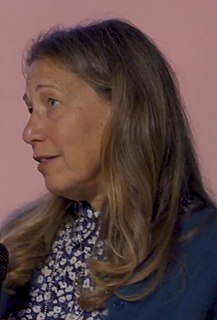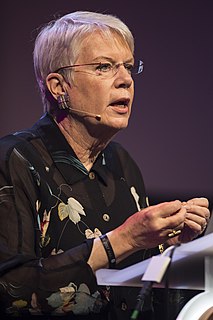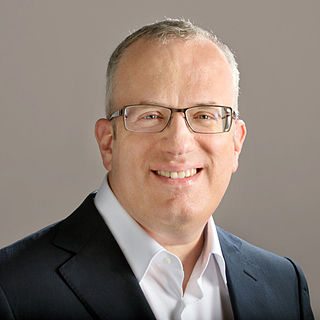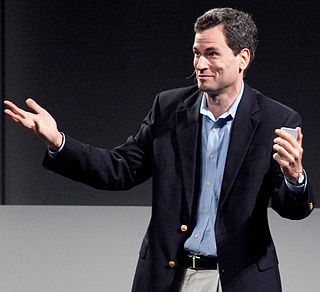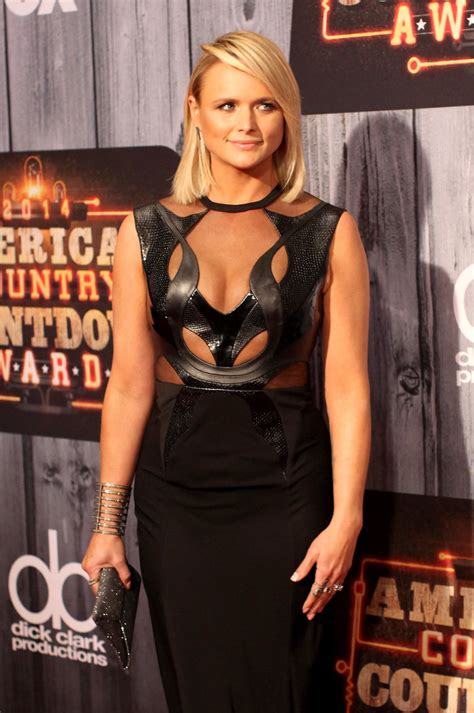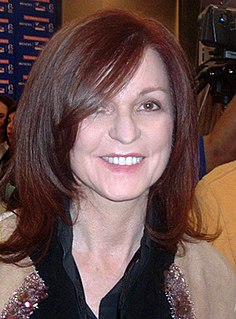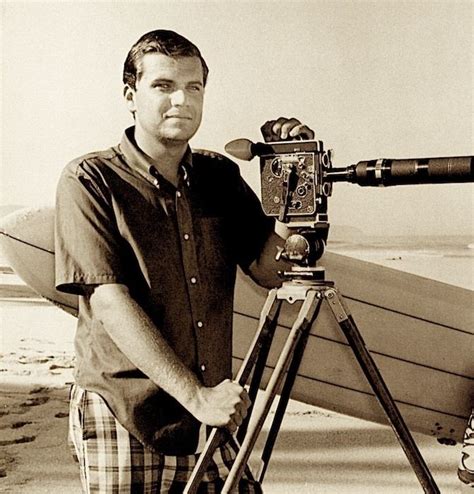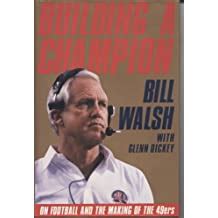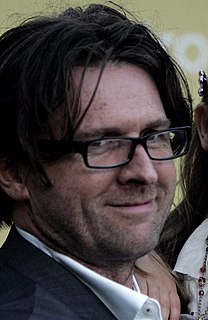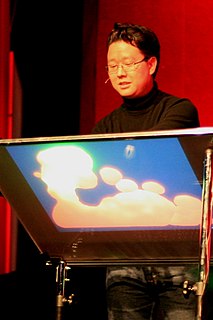Top 32 Pixels Quotes & Sayings
Explore popular Pixels quotes.
Last updated on November 13, 2024.
Please be careful of becoming so immersed and engrossed in pixels, texting, ear buds, Twittering, online social networking, and potentially addictive uses of media and the Internet that you fail to recognize the importance of your physical body and miss the richness of person-to-person communication. Beware of the digital displays and data in many forms of computer-mediated interaction that can displace the full range of physical capacity and experience.
Justice based purely on laws is about as accurate as a portrait created out of large low-resolution color pixels. If you stand back far enough it looks good. Come any closer and the glaring approximations overtake all semblance of the original. Justice should be viewable under the microscope, not from a telescope. And for that it needs to be based not on law but on truth.
People say graphic design is so different now, because you have so many more pixels and colors to work with... But when you study art history, you see there's just nothing new under the sun. Mosaics and needlework, it's all analogous to pixel and bitmap art. And with it all, good design's not about what medium you're working in, it's about thinking hard about what you want to do and what you have to work with before you start.
I can actually build my equipment at the back end of the telescope such that it takes the data from all of the separate antennas and adds the signal together with different time delays and different phase shifts - it's as if I were picking out up to eight individual pixels in this large field of view.
The biggest surprise watching video on the tiny, 2.5-inch screen (320 by 240 pixels) is completely immersive. Three unexpected factors are at work. First, the picture itself is sharp and vivid, with crisp action that never smears the screen is noticeably brighter than on previous iPods. Second, because the audio is piped directly into your ear sockets, it has much higher fidelity and presence than most peoples TV sets. Finally, remember that a 2.5-inch screen a foot from your face fills as much of your vision as a much larger screen thats across the room.
There are more stars than there are people. Billions, Alan had said, and millions of them might have planets just as good as ours. Ever since I can remember, I’ve felt too big. But now I felt small. Too small. Too small to count. Every star is massive, but there are so many of them. How could anyone care about one star when there were so many spare? And what if stars were small? What if all the stars were just pixels? And earth was less than a pixel? What does that make us? And what does that make me? Not even dust. I felt tiny. For the first time in my life I felt too small.
If you need to strap a camera to you or get in a small space, then it makes sense to use digital.I do think it is possible to use a digital camera artistically, but it can only be good if you are using film technique. Film has grain, and digital has pixels, and there is not that much of a difference, but digital does not replace the need to create a scene and light it properly and spend time considering the shot.
There is a movement happening, a quiet one. A low-profile, low-resolution revolution. Comprised of writers and dreamers, of guerrilla artists and thought-ninjas. Those with something to say. They communicate through text inscribed on true public spaces, rather than blogs and forums. Choosing fewer words, even without being bound by 140 character limits. Using ink instead of pixels. Sending messages in living, breathing space. Pens scream louder into the void. Even if permanent ink is not aptly named.
In the digital world we live in, there is no pixel who thinks they're better than any other pixel. And there is no pixel that will not work with another pixel to produce something. And when two pixels come together and have children, they'll place any attention to what the color is and nobody says anything.
Grain isn't structured like a screen door that you're looking through, but pixels are. Film-based grain is just all over the place, one frame totally different from the next. So your edges are coolly sharp and have a different feeling, an organic feeling rather than this mechanic feeling you get with digital.
I realize how myself and other people have started to almost fool ourselves that it's more important to us and more real than the real world, the offline world, and we value looking at our phone and pixels on a screen more than connecting eye to eye with a human being, which is terrifying to me because we're becoming robots.




